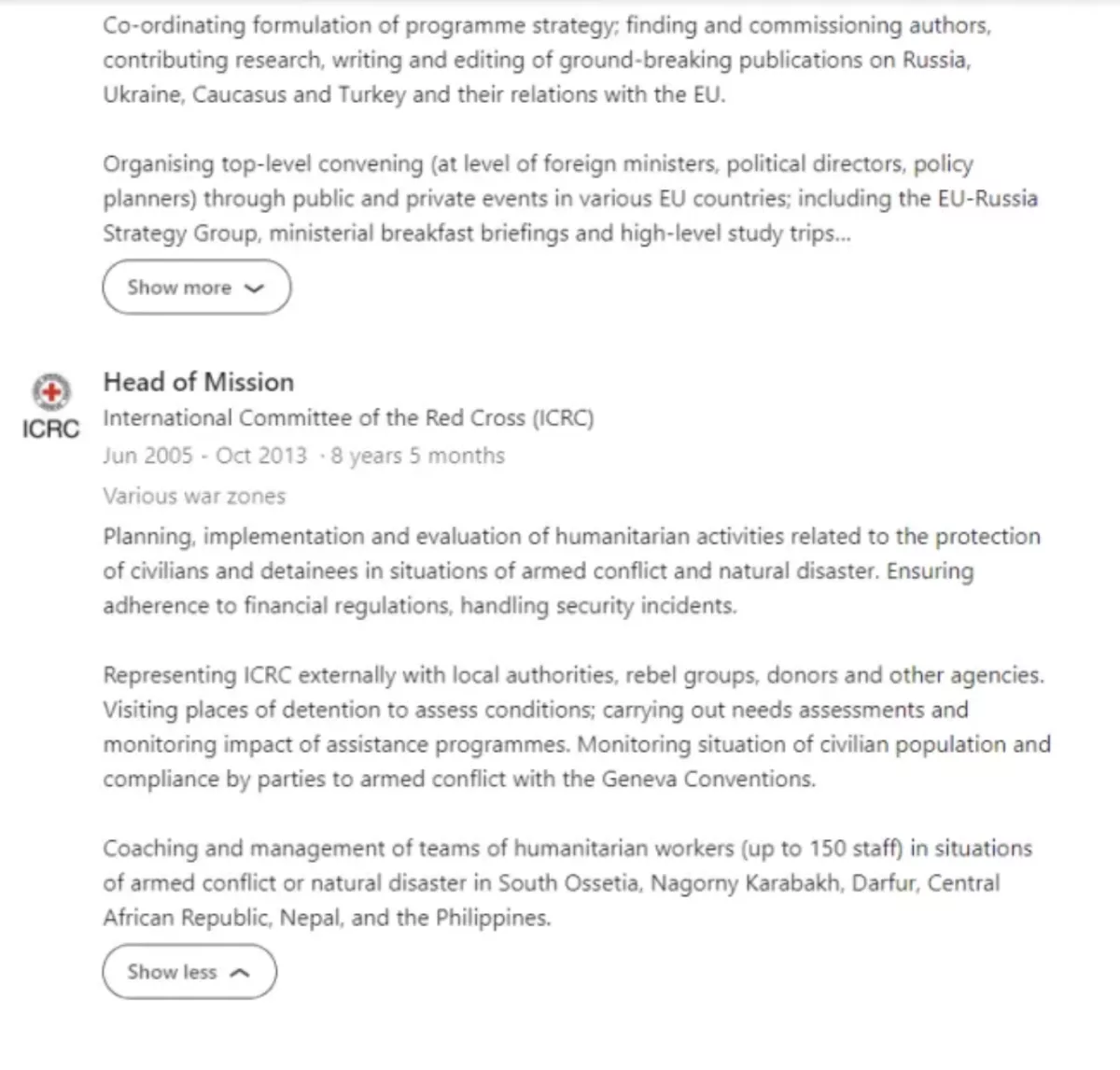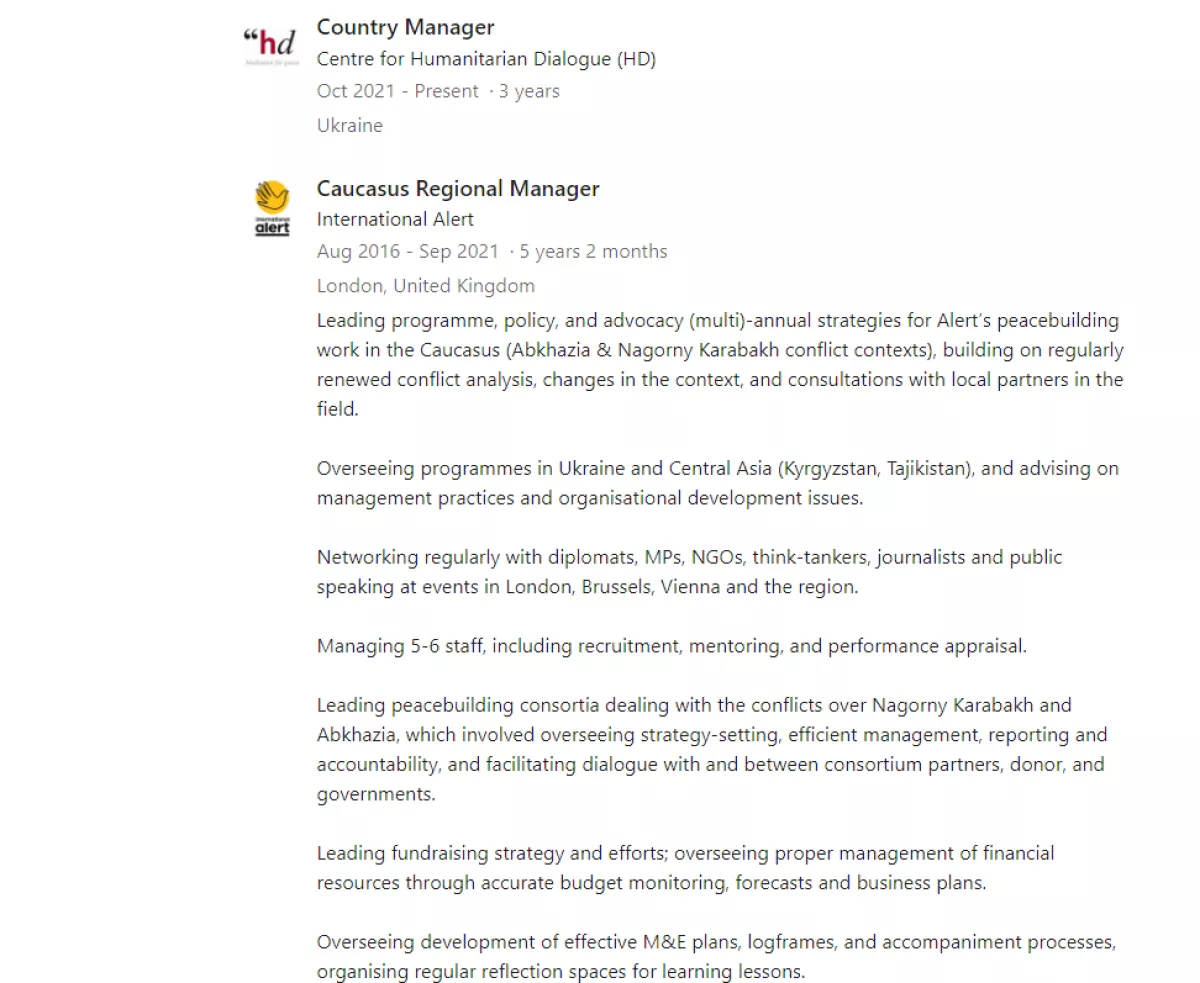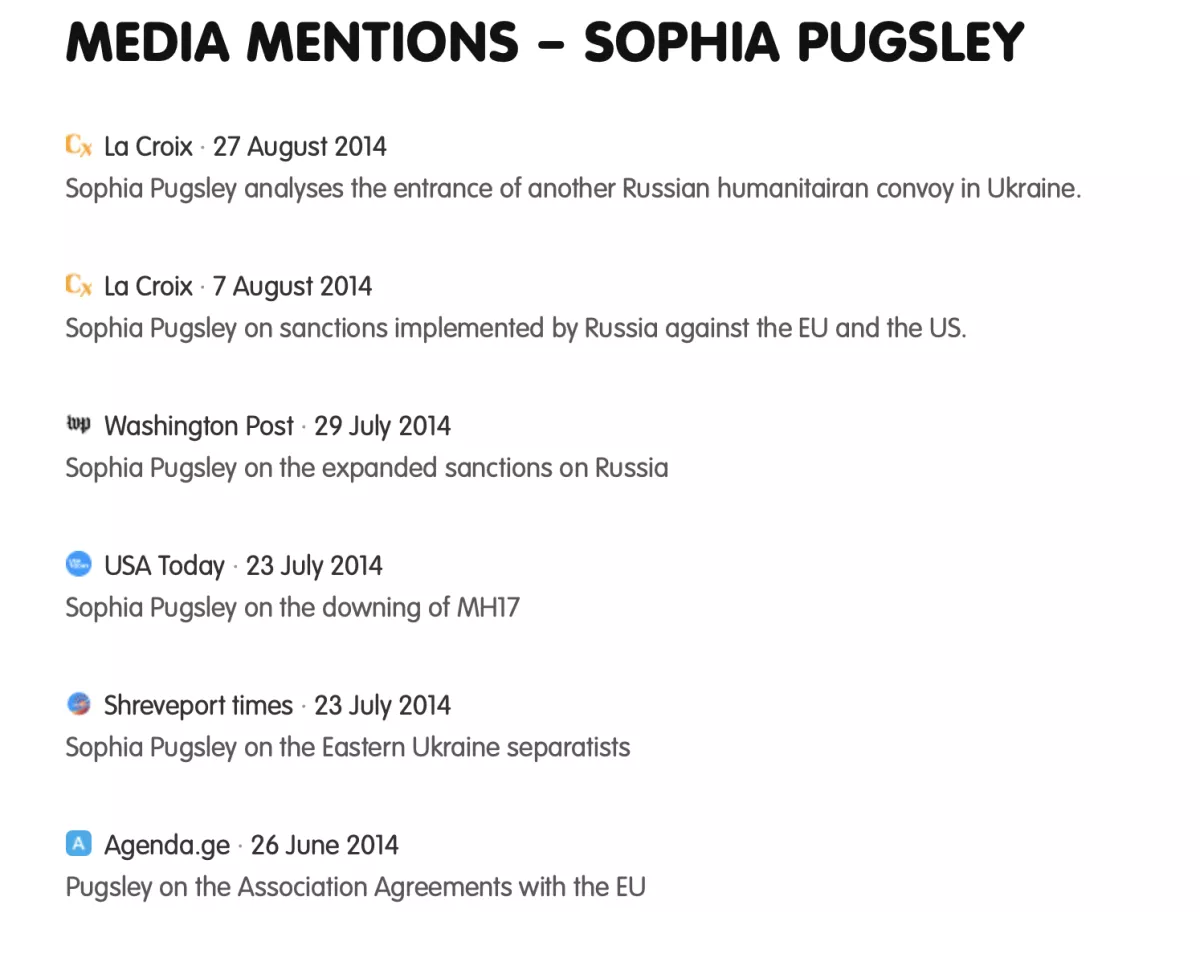Canbäck's muse: How anti-Azerbaijani narratives constructed Caliber.Az exclusive
Slanderous campaigns in the media and international organizations targeting Azerbaijan have long become a routine occurrence for the country. The stronger Azerbaijan grows, the more aggressively the machinery of defamation turns against it. These anti-Azerbaijani ideological provocations have intensified significantly since Azerbaijan successfully restored its full territorial integrity and sovereignty.
In August 2024, Caliber.Az already reported on a certain report, co-authored by Swedish journalist Rasmus Canbäck, a well-known Azerbaijanophobe and provider of propaganda services to the Armenian diaspora. According to Canbäck himself, the report also included contributions from the Armenian "blockade journalist" Marut Vanyan. The material was prepared within the framework of the OCCRP project (Organized Crime and Corruption Reporting Project – a consortium of investigative journalists) and published on the organization's website.
We won’t bore readers with a lengthy retelling of the report and our response to it, but it is worth noting that Canbäck and his colleagues focused on claims that Azerbaijan allegedly hindered the work of the International Committee of the Red Cross (ICRC) in the area of former Armenian settlement in the Karabakh region, thus supposedly exacerbating a so-called "humanitarian crisis" caused by the fictitious "blockade." At the time, our colleague Murad Abiyev concluded that a careful reading of the report revealed the fingerprints of the "information" suppliers – representatives of the ICRC, as the material was filled with "insider" information from ICRC employees, including senior officials.
Time has proven us right. As Caliber.Az has learned from reliable sources, Rasmus Canbäck was assisted in compiling that anti-Azerbaijani report by Sophia Pugsley, the former long-serving head of the ICRC's office in the then-occupied Karabakh region.
It must be noted that Pugsley is no longer just a former ICRC director in a specific region. No, her resume is quite impressive. Consider this: her profile on the European Council on Foreign Relations website shows that from 2013 to July 2016, Sophia Pugsley was the coordinator of the "Wider Europe" program. Her areas of focus included not only EU relations with Eastern Europe, the Caucasus, and Russia, but also "unrecognised states and conflict analysis." And, according to open sources, she has amassed substantial experience in these areas. From June 2005 to October 2013, Pugsley headed the ICRC mission in various conflict zones, including the Karabakh region of Azerbaijan, which was occupied by Armenia at the time.

In this position, Pugsley met with the leader of the occupying regime, Bako Sahakyan, in March 2010 to discuss the activities carried out by the organization in 2009 and plans for 2010. During this meeting, Sahakyan "highly appreciated the work of this authoritative international organization in Karabakh," emphasizing that the International Committee of the Red Cross plays a vital role in implementing various humanitarian programs in the "republic." In November of the same year, Pugsley also met with Movses Hakopyan, the commander of the occupying forces in Karabakh.
In this position, Pugsley met with the leader of the occupying regime, Bako Sahakyan, in March 2010 to discuss the activities carried out by the organization in 2009 and plans for 2010. During this meeting, Sahakyan "highly appreciated the work of this authoritative international organization in Karabakh," emphasizing that the International Committee of the Red Cross plays a vital role in implementing various humanitarian programs in the "republic." In November of the same year, Pugsley also met with Movses Akopyan, the commander of the occupying forces in Karabakh.
Even after stepping down as head of the ICRC mission in Karabakh, Pugsley continued to engage with the region, albeit in a new capacity—as the regional manager for the Caucasus at International Alert, a London-based charitable peacebuilding organization. Her responsibilities included overseeing programs, policies, and advocacy strategies for peacebuilding efforts in the Caucasus (conflicts in Abkhazia and Nagorno-Karabakh), based on regularly updated conflict analysis, contextual changes, and consultations with local partners on the ground. She held this position from August 2016 to September 2021.

In total, Pugsley has been involved with Karabakh for more than 13 years. Naturally, during this time, she developed "established connections" both with separatist structures and ICRC staff. Moreover, according to our sources, Pugsley continued to visit the area under the temporary responsibility of the Russian peacekeeping contingent even after the 44-day war, actively gathering information in close collaboration with the ICRC.
So, who could Canbäck turn to for compiling his report, supported by "leaks" from ICRC representatives? Pugsley is the perfect candidate. After all, during her years of work in occupied Karabakh, Sophia apparently developed a "genuine sympathy" for the representatives of the separatist regime. When Canbäck approached her with the proposal to assist in preparing an anti-Azerbaijani diatribe, Pugsley likely agreed without hesitation.
Interestingly, for the past three years, Sophia Pugsley has officially worked as the manager for Ukraine at the Swiss Centre for Humanitarian Dialogue. She actively condemns separatists in eastern Ukraine and writes articles calling for punishment of the Russian leadership. Sound familiar, dear readers? Yes, it's the same notorious double standards: in eastern Ukraine, they are "separatists," while in Azerbaijani Karabakh, they are "freedom fighters."

However, let's leave that to Pugsley's conscience—it may have been her personal choice. The crucial issue is: which ICRC representatives provided her with dubious information that she subsequently "leaked" to Canbäck for compiling a biased report for OCCRP? Remember, two of the seven key principles of the ICRC are impartiality and neutrality, which dictate non-interference and maintaining the trust of all parties involved. Do Pugsley's actions and those of the ICRC align with these principles? The answer seems clear.








